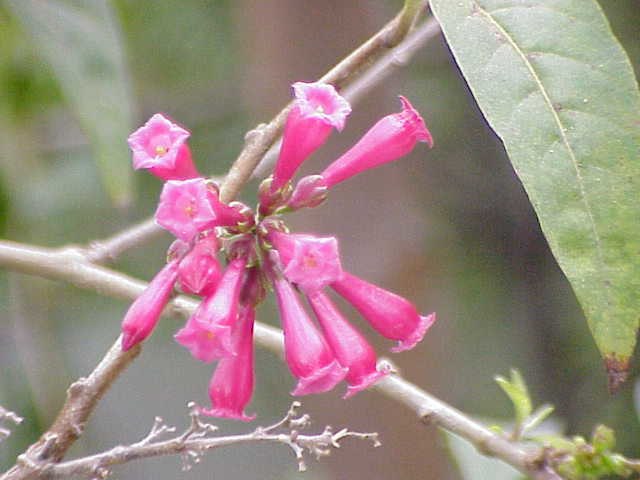Physalis is a genus of approximately 75 to 90 flowering plants in the nightshade family (Solanaceae), which are native to the Americas and Australasia. At least 46 species are endemic to Mexico. Cultivated and weedy species have been introduced worldwide. A defining feature of Physalis is a large, papery husk derived from the calyx, which partly or fully encloses the fruit. Many species bear edible fruit, and some species are cultivated.
Physalis
Physalis peruviana fruit with calyx open
Yellow nightshade groundcherry (Physalis crassifolia)
Physalis peruviana fruits
The Solanaceae, or the nightshades, are a family of flowering plants that ranges from annual and perennial herbs to vines, lianas, epiphytes, shrubs, and trees, and includes a number of agricultural crops, medicinal plants, spices, weeds, and ornamentals. Many members of the family contain potent alkaloids, and some are highly toxic, but many—including tomatoes, potatoes, eggplant, bell and chili peppers—are used as food. The family belongs to the order Solanales, in the asterid group and class Magnoliopsida (dicotyledons). The Solanaceae consists of about 98 genera and some 2,700 species, with a great diversity of habitats, morphology and ecology.
Solanaceae
Fruits including tomatoes, tomatillos, eggplant, bell peppers and chili peppers, all of which are closely related members of the Solanaceae.
Cestrum elegans, ( subfamily : Cestroideae ), a shrub used as an ornamental.
Browallia americana








